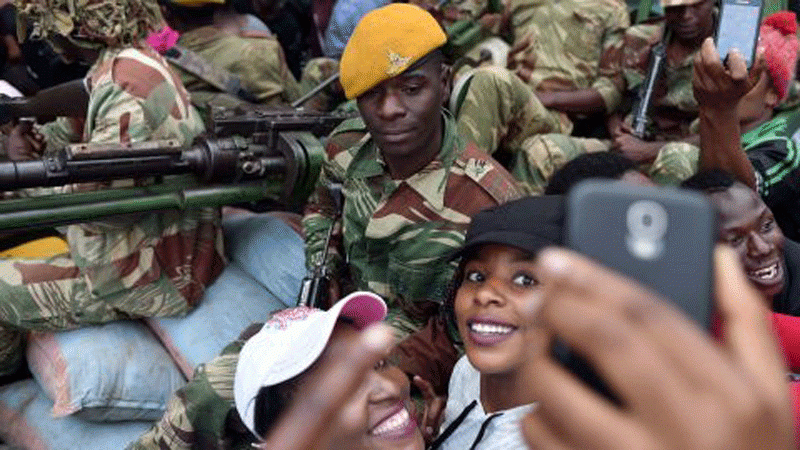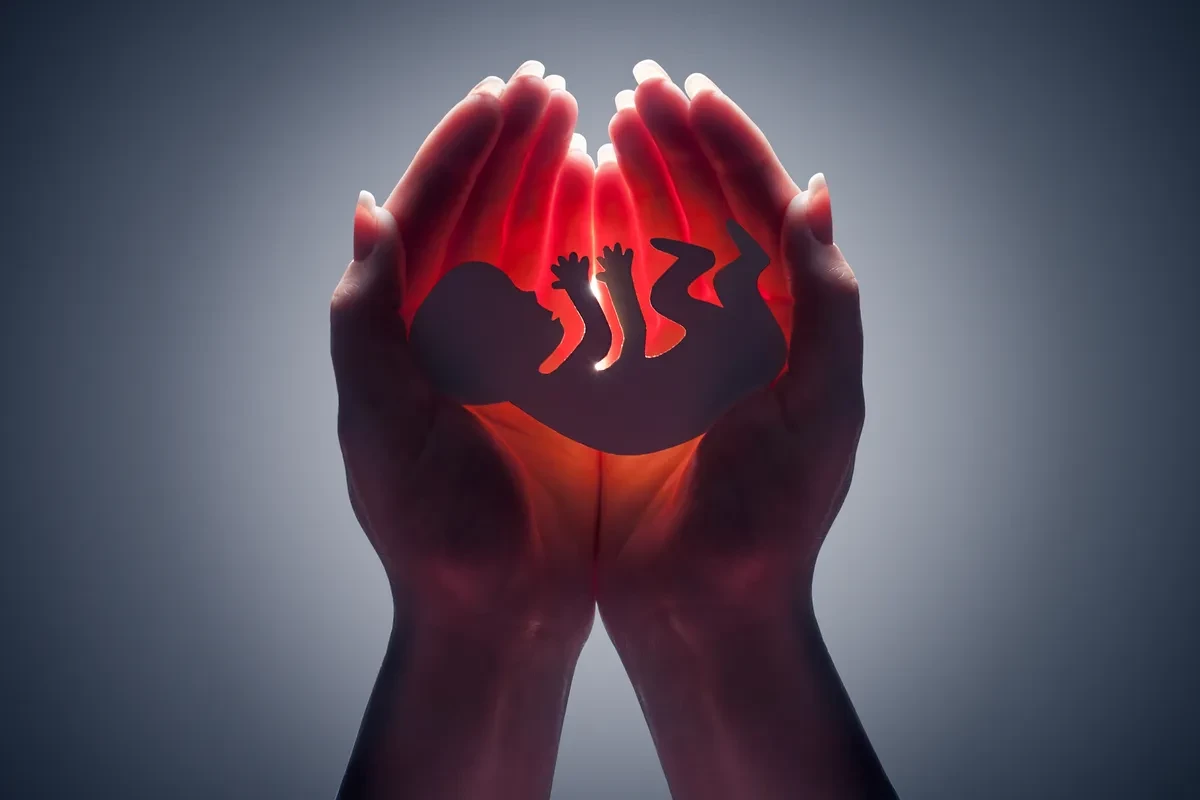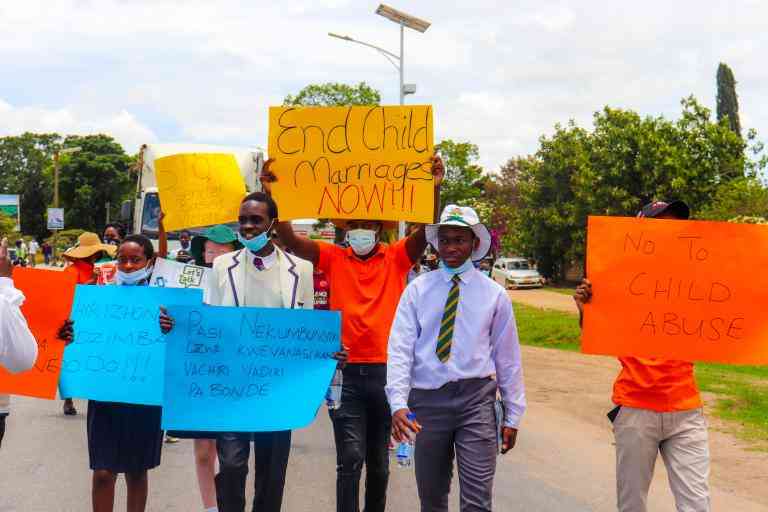
Two years ago, we argued that the socio-economic and political crisis in Zimbabwe required credible national dialogue, backed by a regional initiative and international scaffolding, and galvanising financial support to break the logjam on debt and raising capital. Things have worsened considerably since then.
The goal would have been a political settlement and a transitional arrangement — including substantial reform of the State and return of the military to civilian control, leading to elections under a new social contract.
At SAPES Trust, we have held 35 policy dialogues since March 2021 covering the political economy, human rights, elections and corruption.
Our expert panellists harboured no doubts that things were getting worse; that the government was unable to develop policies to address the rot; and that elections would not be a panacea for restoring the State to legitimacy and international re-engagement.
Enemies and alliances
Unlike other societies in the region, Zimbabwe’s ruling party Zanu PF has, since independence in 1980, regarded and treated opposition parties and politicians as enemies to be vanquished completely: Whether Joshua Nkomo and the Zimbabwe African People’s Union; Edgar Tekere and the Zimbabwe Unity Movement; Morgan Tsvangirai and the Movement for Democratic Change; and now Nelson Chamisa and the Citizens Coalition for Change.
The Zanu PF government’s explanation for the parlous state of the nation has been to blame sanctions and to claim that there are sufficient reforms to warrant the Commonwealth re-admitting Zimbabwe.
Yet no economist speaking at the eight dialogues that SAPES organised during the past two years believed that sanctions were a material cause of the country’s dire economic status, but that the major causes were poor policies, erratic fiscal behaviour, and rampant corruption.
- Mavhunga puts DeMbare into Chibuku quarterfinals
- Bulls to charge into Zimbabwe gold stocks
- Ndiraya concerned as goals dry up
- Letters: How solar power is transforming African farms
Keep Reading
Former Finance minister Tendai Biti was particularly alarming in outlining the extent of the corruption and the losses to the country. Steven Hanke, a senior fellow at the Cato Institute in Washington DC, was in no doubt that Zimbabwe was heading for its third dose of hyperinflation.
It was clear that the fundamental problem was the absence of the substantive reforms promised so earnestly in 2017.
The hope for curing the military coup of November 2017 was an undisputed election in 2018, but Zimbabwe failed the credibility test, thanks to a less than satisfactory treatment of a crucial election petition by the Constitutional Court.
Government’s attempt to resolve the problems of the violence after the election in August 2018 — by setting up a presidential commission to investigate it — has been wholly undermined by government’s failure to take the Kgalema Motlanthe Commission’s recommendations seriously.
Word of the law
Zimbabwe is a rare country whose Constitutional Court has established a legitimate right for military coups.
Few have paid attention to the judgments of the High Court and the Constitutional Court concluding, in effect, that section 212 of the Constitution gave the military a right to intervene in civilian affairs in order “to protect the Constitution” and overriding Section 213, the provision in the constitution that clearly empowers only the president with the concurrence of the legislature to deploy the military.
In 2017, whatever the military and others thought, Robert Mugabe was in full constitutional power of his office, and most definitely did not deploy the military to overthrow his government.
The problem is that this interpretation by the courts until it is overturned gives the military the right, regardless of the president, to deploy itself when it considers that the Constitution is under threat. There is no evidence that any return to constitutionalism, rule of law, and adherence to human rights has taken place since 2017.
Despite all the factors that suggest an election cannot be a solution to the country’s problems, Zimbabwe is six months away from another such contest, and the context for these elections is no better than it was in 2008, seen as among the most violent in the region.
Nobody in our policy dialogues believes that the election due this year will meet the conditions for legitimacy.
The contrast with Kenya, which had a violent election in 2007, is illuminating: the east African country held a credible election in August 2022 that saw the defeat of an incumbent president. Any brief analysis of the conditions in Zimbabwe suggests that not only will the planned election fail the credibility test but it makes matters much worse.











